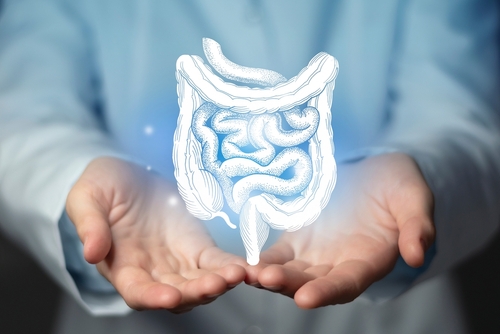A study analyzed Clostridioides difficile infection (CDI), a significant healthcare-associated illness caused by the bacterium C. difficile that’s marked by high rates of recurrence, morbidity, and mortality, particularly affecting immunocompromised patients following antimicrobial therapy. The disruption of commensal microbiota by antibiotics facilitates C. difficile colonization in the gastrointestinal tract, leading to CDI.
The emergence of antibiotic-resistant clinical isolates and reduced susceptibility to commonly used antibiotics complicates CDI treatment, allowing C. difficile to persist in the gut environment. Biofilm formation by C. difficile in the gut is gaining attention due to its role in pathogenesis and recurrence of CDI, as well as its antimicrobial tolerance, rendering antibiotic therapy less effective. Researchers are exploring mechanisms of biofilm formation, its implications in CDI, efficacy of current antibiotics against biofilm-forming C. difficile strains, and potential alternative antimicrobial strategies.
Reference: Vuotto C, Donelli G, Buckley A, Chilton C. Clostridioides difficile Biofilm. Adv Exp Med Biol. 2024;1435:249-272. doi: 10.1007/978-3-031-42108-2_12. PMID: 38175479.









